How to find a good tutor for your child
Top Tips on How To Find a Tutor No Matter the Subject
Top Tips on How To Find a Tutor No Matter the Subject
Erika Marty
August 24, 2020
Online Tutoring
Finding a tutor can be an intimidating experience. When you’re looking for the best tutor to help you or your child master basic subjects, there are plenty of options. Some are highly qualified, and others may have limited experience. There are also considerations of cost, teaching style, and convenience.
With so many choices, it can be hard to find the perfect fit. Here, we’ll offer tips on how you can find a tutor from using local resources to working with online tutoring platforms. Plus, you’ll find advice on how to vet your candidates and select the best one.
Where To Find a Tutor
In terms of finding a tutor, there are local, in-person, and virtual options to help you look through a wide range of applicants. Here, we'll show you how to leverage your local resources and online options to find a tutor.
Use a Tutoring Service
Online tutoring services like TutorMe are a great way to get both short-term and long-term tutoring assistance. These sites offer one-off tutoring sessions and discount pricing for monthly plans. You can find tutors who can help with a range of subjects, including social science, professional topics, math, and engineering. Online tutoring services also work with tutors across the nation, so you won’t be limited to local tutors.
Working with an online tutoring agency is simple. You don’t have to worry about meeting an in-person tutor, shuffling yourself or your child to and from tutoring sessions, or figuring out payments. Online tutoring platforms take care of all these details. Some sites let you find your tutor from a database while others use your criteria to automatically match you with the right tutor.
Payments are completed securely online, and sessions are held virtually. This saves you time and makes it easy for students to get last-minute help as well as long-term support.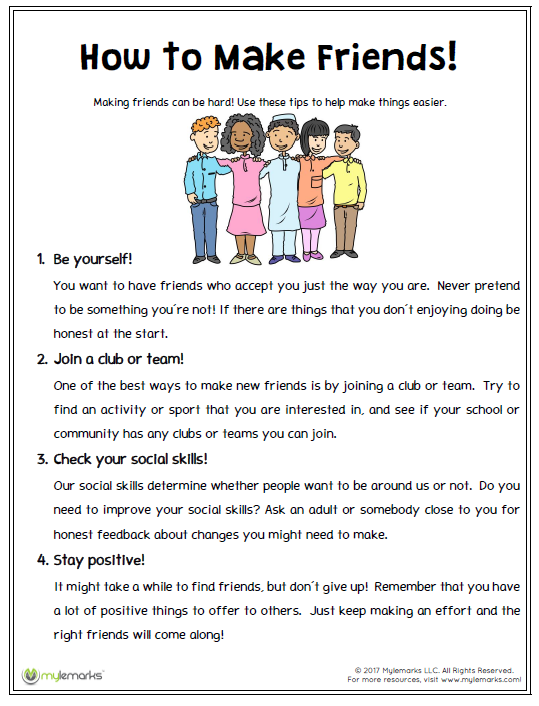 Most online tutoring platforms also offer safety commitments and the help of a customer service team.
Most online tutoring platforms also offer safety commitments and the help of a customer service team.
Ask at School
Schools work hard to provide services and support to students. You can reach out to your child’s counselor or contact the family resource center at school to get advice on tutoring options. The staff member may recommend after-school study groups or programs designed to help students with challenging subjects, including science and math. Often, test prep study sessions are available during breaks and after school to help students prepare for college, university, and Ivy League education.
TutorMe partners with numerous school districts and colleges across the United States and Canada to offer tutoring for all grade levels and a wide range of subjects. If your school doesn’t offer free tutoring, ask an administrator to reach out to TutorMe to set up tutoring services. You can also simply pay out of pocket for tutoring on TutorMe’s platform where sessions are as low as $26 per month.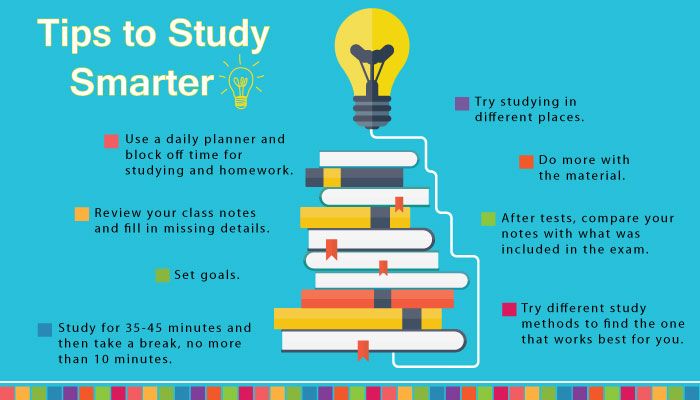
In addition to study groups, a counselor can recommend study tips suited to your child’s learning style. They may also recommend local tutors or peer tutoring options for learning support in common subject areas.
The United States Department of Education and your state education department will offer resources for tutoring and support.
Consider Peer Tutoring
Sometimes, finding a good tutor is as easy as asking your student’s classmates or looking within your own network. You may know a friend or relative who has certain subject area expertise and can help you or your child master the material. Alternatively, if you’re a high school student or college student, you can ask high-performing students in your class if they can help you after school.
These arrangements are best suited for short-term tutoring. If you’d like to ask someone you know to tutor you or your child long-term, it’s a good idea to discuss payment and scheduling before you get started.
Look Into Nonprofits
Nonprofits and some colleges may offer free tutoring services for students who need a little extra support.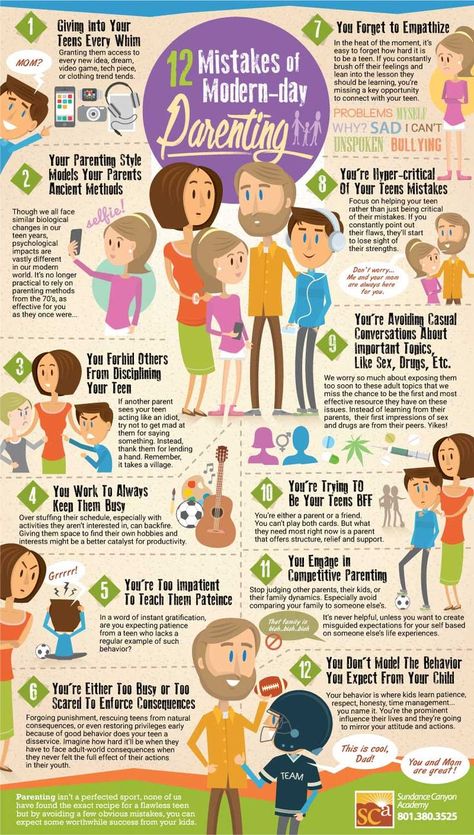 Many of these organizations work with undergraduate and graduate students to provide subject-specific tutoring to high school students, middle school students, and elementary students. Some great nonprofits to include in your search include the YMCA and Junior Achievement USA. You can also find tutoring options for students with autism and special needs by contacting the Autism Society.
Many of these organizations work with undergraduate and graduate students to provide subject-specific tutoring to high school students, middle school students, and elementary students. Some great nonprofits to include in your search include the YMCA and Junior Achievement USA. You can also find tutoring options for students with autism and special needs by contacting the Autism Society.
How To Vet a Tutor
Once you’ve decided where you’re going to hire a tutor, it’s time to think about how to select the perfect one. Here are a few things to keep in mind when vetting a tutor.
Subject Matter Expertise
In terms of hiring a tutor, the first thing to consider is whether the tutor has expertise in the subject area you need help with. This becomes more important with advanced subjects. For example, a general math tutor may be able to help younger students with pre-calculus and basic geometry, but you may need a more intensive or subject-specific tutor for higher-level courses such as statistics.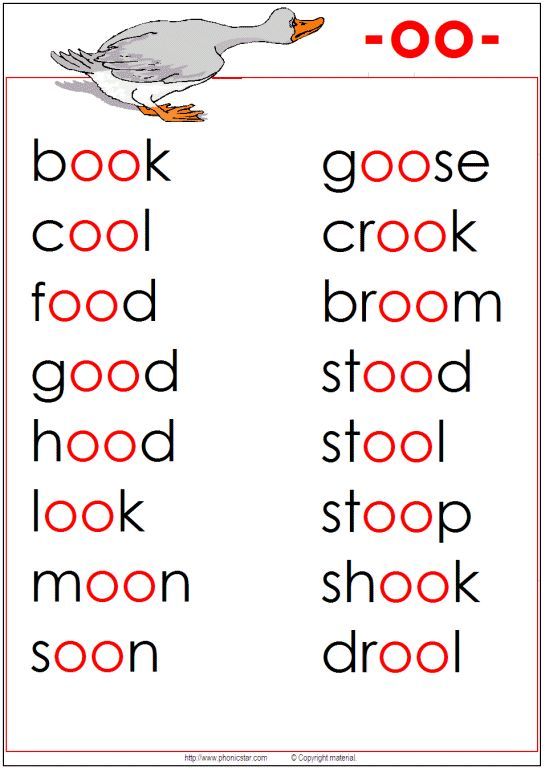
Teaching Experience
Check to see if the tutor has tutoring or teaching experience in your desired subject area — the more, the better.
You should also look for a tutor who uses active teaching. This means the tutor is involved in your or your child’s studies and provides feedback. The tutor should adapt lesson plans suited to your skillset and address the areas you need the most help with. Tutors who ask follow-up questions, learn how you or your student found a specific answer, and tailor lessons to you or your child will be more effective than ones who simply list information and move on.
Learning Style
Not all of us learn the same way. Some of us grasp concepts better when they’re accompanied by visuals, while others prefer auditory cues or written explanations. Find your or your child’s learning style, and find a tutor who can adapt to it. If you’re a visual learner, make sure your tutor is comfortable using drawings, diagrams, or other visual aids.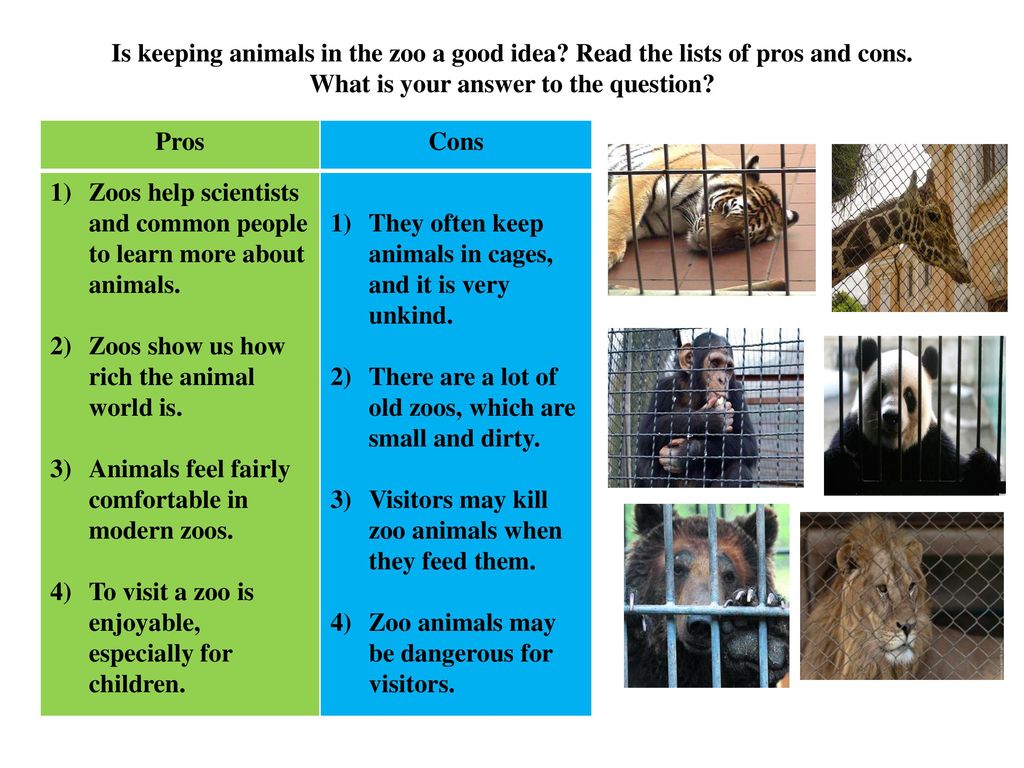
It’s also useful to consider what you or your child needs at different grade levels. Younger students tend to work better with friendly, kind, and approachable tutors. These tutors will be well-versed in using props such as blocks or math counters to help reinforce certain subjects. Young students may also need more help to stay focused than high school students. Keep your child’s learning needs in mind when looking for the right tutor.
Interest and Passion
As you find a tutor, look for someone who’s genuinely interested in the subject, not just trying to make a little extra cash. Look for tutors who are passionate about teaching and their subjects. To evaluate this, set up an interview with a tutor to get a feel for their excitement for teaching. Many online tutoring platforms screen tutors or require them to submit a video of themselves teaching a subject they are passionate about. However you choose to hire a tutor, make sure they’re interested in the subjects they're tutoring.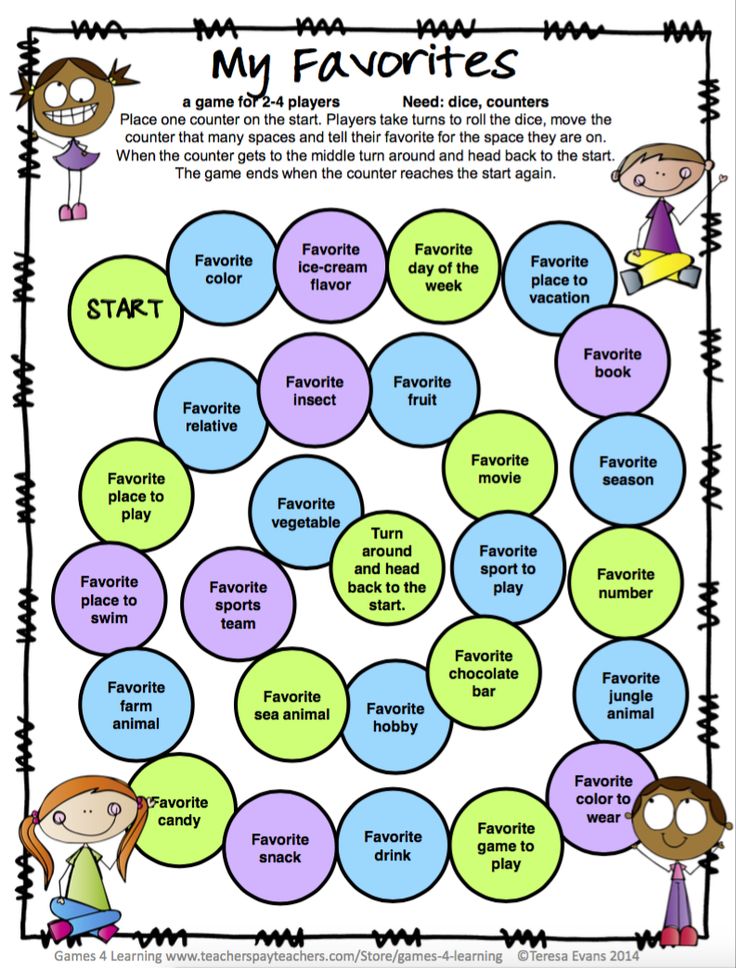
Start Learning With TutorMe
With TutorMe, you can find a tutor in minutes and start getting support for all of your learning needs. Just let us know what subject you need help with, and our algorithm will match you with a qualified tutor in less than 30 seconds.
You’ll find help with more than 300 subjects ranging from foreign language (including Spanish tutors, ESL tutors, and German tutors) to math tutors, science tutors, and history tutors. You’ll also find a wide selection of test prep options, including the LSAT, GRE, and SAT.
Tutoring with TutorMe is also affordable. Here’s how it works: You can sign up for pay-as-you-go plans or monthly options with discounts for multiple sessions. You’ll pay as little as $26 per hour for private tutoring.
All sessions are conducted in our proprietary lesson space, face-to-face with online professional tutors. The lesson space features video chat functionality so students and tutors can easily see each other and work on problems together. The digital whiteboard includes a calculator and file-sharing options so you can get homework help and work out math problems. It’s an easy and integrative way to find a tutor who is highly qualified.
The digital whiteboard includes a calculator and file-sharing options so you can get homework help and work out math problems. It’s an easy and integrative way to find a tutor who is highly qualified.
Getting a Tutor For Your Child
Tutoring could be that "thing" for many parents—the elusive, hard to pin down after-school activity that you just can't seem to get right.
Especially as we make our way toward a new school year that is sure to pose challenges as kids return to schedules and homework, it might not get any easier.
That said, for a wide range of reasons, parents could be looking to online tutoring for kids and after school enrichment activities more than ever in 2022.
So what makes finding a private tutor difficult?
Getting our kids going with certain activities is typically pretty easy, right?
For example, enrolling them in school doesn’t take much, as you will probably default to the school in closest proximity. Some parents have to put in a little more effort if going the private school route, from research, to applications, and even the financial commitment. ..which altogether isn’t “easy” by any means, but the point is, there is a blueprint to follow.
..which altogether isn’t “easy” by any means, but the point is, there is a blueprint to follow.
Same with sports and many extracurricular activities—if your kids want to play baseball, it’s hard to miss the many different little league flyers and advertisements plastered around town and in your email inboxes or Facebook groups. Not to mention that kids will probably have at least a couple of friends who will be playing as well, who can serve as resources and recommendations.
But what about something that isn’t a formal requirement like school, and isn’t something most of your student's friends are doing at the moment, like sports? Where do you start looking for something that doesn’t fit the typical mold, as in specialized extracurricular enrichment programs that go beyond the run of the mill after-school coding clubs or robotics teams?
Now things aren't as easy, and can easily become overwhelming—especially when navigating the multitude of in-person, online, and hybrid options available nowadays.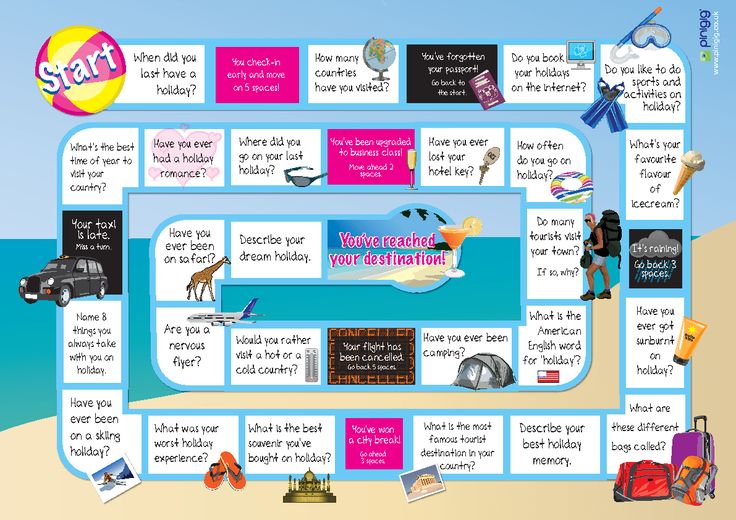
There’s no “one size fits all” enrichment path for kids, after all. And nobody knows better than parents that each student is different and will benefit from programming that suits not just their interests, but their learning styles, personalities, goals, and specific support needs.
For instance, have a student who is passionate about art, say, comic book art specifically with the potential to be digitized? There probably isn't an in-person option for that nearby, and navigating through YouTube tutorials lacking in hands-on instruction and expertise might not be engaging enough.
Tips for getting a good tutor for your student
So, before stressing about the new challenge you're facing, I think it’s helpful for parents to remember that searching for a private tutor doesn’t have to be all that different than the research involved with finding, say, something like a summer camp.
To find a good tutor, you’ll need to ask similar questions and sift through a similar process.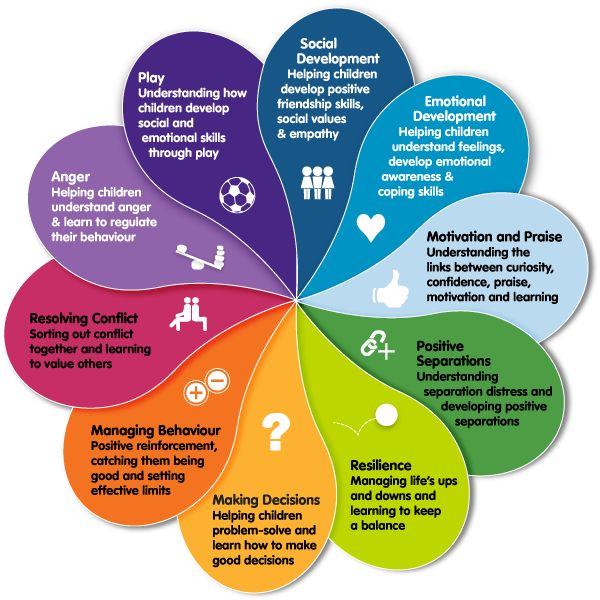
The parallel here is the main goal: finding something fun and engaging that kids will enjoy and benefit from, but that is also an experience parents can feel confident in and comfortable with in terms of the safety and wellbeing of their child.
Here are some tips on where to get a tutor, and - most importantly - how to find the right tutor for your student.
1. Understand the reasons why
This goes for both the parent and the student. You, the parent, need to have a tight grasp on why your student needs a tutor or an enrichment outlet in the first place—do kids simply need to firm up their after-school routine and homework time with structure, or do they need to dive deeper into a particular topic? Do you want to get them involved in something new altogether?
As you can see, through answering the above, your goal is going to discover where exactly you should be looking for a tutor.
And then for your child, they also need to be on board with the plan; involving them at this stage is really important.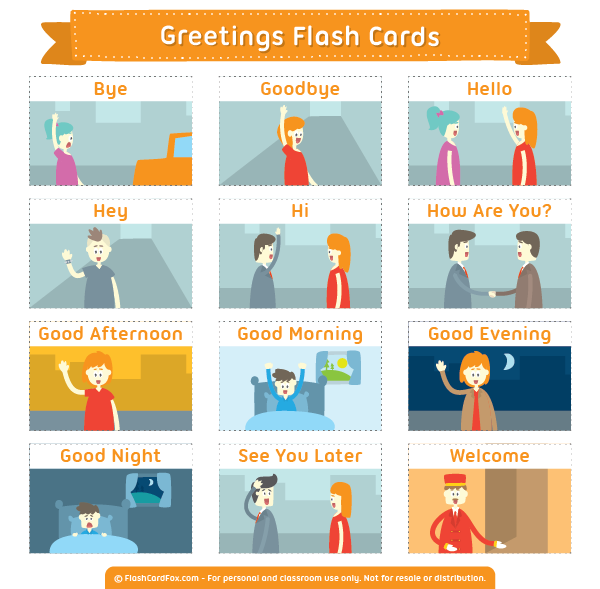 Whether it’s through some formal goal-setting, teaming up throughout the entire process, or just by checking in, it’s ideal that they have a voice in finding a tutor!
Whether it’s through some formal goal-setting, teaming up throughout the entire process, or just by checking in, it’s ideal that they have a voice in finding a tutor!
(Check out this guide to goal-setting for kids for a great starting point on this!)
Of course, an objection from them doesn’t mean they’ll get their way, but perhaps it can lead to further conversation about why you feel a tutor is necessary, and why they might think differently.
2. Start within your network
Once everyone is clear and on the same page regarding the need for a tutor, and what you’re trying to accomplish with the help of one, your next move could be consulting your network, and seeing if any friends or family have experience with a tutor or particular type of tutor.
The best place to look can be close to home! Literally speaking, try looking into community center postings, your child’s school, local parenting groups, and other sources nearby that you find reputable.
Or, at least within your network of family, friends, and connections via LinkedIn or other social media avenues. While just about everything seems to have a Yelp review attached to it these days, a personal recommendation is invaluable in finding the perfect tutoring experience.
While just about everything seems to have a Yelp review attached to it these days, a personal recommendation is invaluable in finding the perfect tutoring experience.
While you might have a more difficult time finding someone than you would when finding that little league team, you never know. Facebook groups and neighborhood networks can also be good resources to tap into.
3. Narrow your search online
Meaning, you hear “tutoring” and you probably think of a 1-on-1 session between a student and tutor at home, school, or learning center. While that’s very much true, tutoring actually takes a number of different shapes and forms.
This is where the wide net cast by the internet comes in handy!
Think about it: a tutor can be a child’s peer, or classmate who can assist in their learning and understanding. And, it could also be a small group, or one tutor to a few kids rather than 1-on-1.
Each of these services will have different criteria, specific industry competitors for side by side comparison, and ideal Google search terms. So, determine the “subgenre” of tutor you’re looking for; this will be the first step in narrowing down your search.
So, determine the “subgenre” of tutor you’re looking for; this will be the first step in narrowing down your search.
Looking online is a great start—parent groups on social media, via blog communities, and through parenting websites offer a wealth of expertise about the best tutoring services out there.
Of course given today’s circumstances, there are high quality online tutors, who, as you could have guessed, will instruct from wherever in the world to your child, who themselves could be learning from the comfort of their own bedroom.
Last, you can have a general education tutor, or one who specializes in a particular subject, and not just homework help in general, like a photoshop tutor, science instructor, or even a Java tutor or, someone who has the primary goal of boosting your student's standardized test scores like an SAT® prep tutor. Online reviews provide a useful insight into companies’ services and the quality of tutors.
Find a Tutor Online
Not sure where to start? These highly-reviewed sites and subject sources could be just the springboard for finding the right fit.
Test Prep & SAT Prep Tutors
Take the pressure of test-prep with expert tutoring with The Princeton Review or Kaplan Test Prep are time-tested, high-quality options.
Writing Tutors
It’s an essential skill across all academic subjects (and in life, we’d argue), and well worth the investment if your child needs support or an extra challenge! Chegg Writing Tutors and EssayPro are both highly rated for sharpening written skills in a range of genres.
Coding Tutors for Kids
Look no further than right here! iD Tech has perfected the art of online coding tutoring (plus other exciting topics) and brought our 20+ years of experience to the flexible, online format.
Time-Management and Organization
When it comes to time management for kids, it's one area where most young minds could use extra support. After all, if organization is a challenge, so is the rest of their day! Resources like Coachbit and Understood can help get kids on track with their schedules and reduce the stress of the school routine.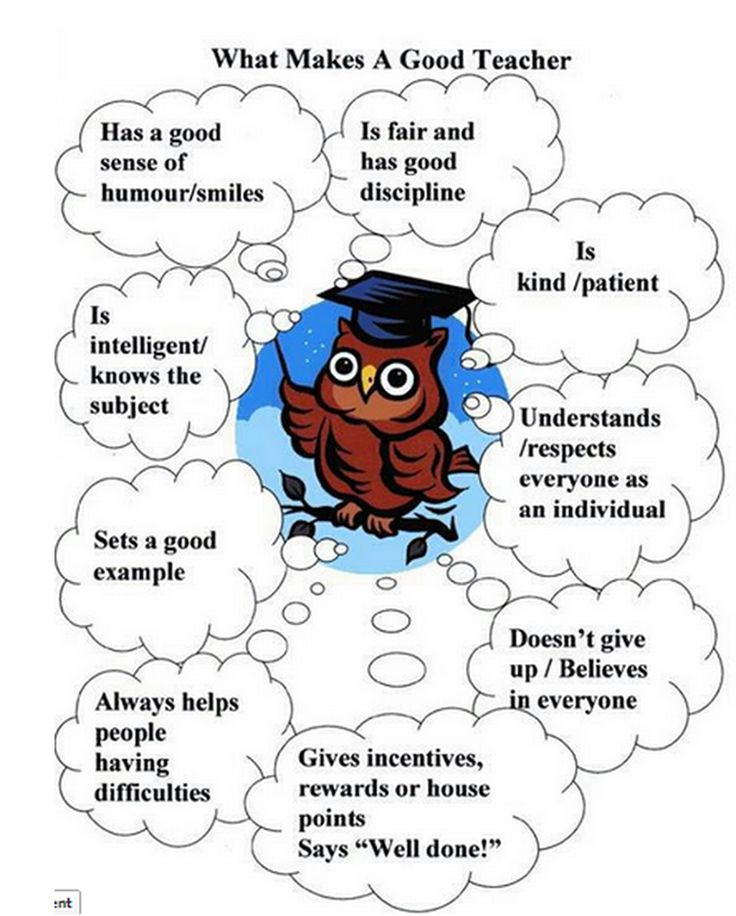
Language Tutors
Parlez vous Français? Whether as a passion project or to support a class, learning a foreign language works best when interacting with a native speaker. Give Berlitz or PandaTree a try to level up those language skills.
Music Tutors
Learning an instrument is a joy, and one that’s much easier to explore with the help of an experienced musician. Plus, regular meetings with a music tutor will encourage kids to practice. School of Rock and Music & Arts offer a range of options for both in-person and virtual learning.
Math Tutoring
We think learning math skills should be as much fun as learning to code, which is why we put the “M” in our STEM tutoring offers. Find the extra help or enriching, accelerated learning your child needs with online math tutoring—algebra, calculus, geometry, and more.
4. Make a “shortlist”
Once you’ve found a few options that look promising, enter them into a “shortlist.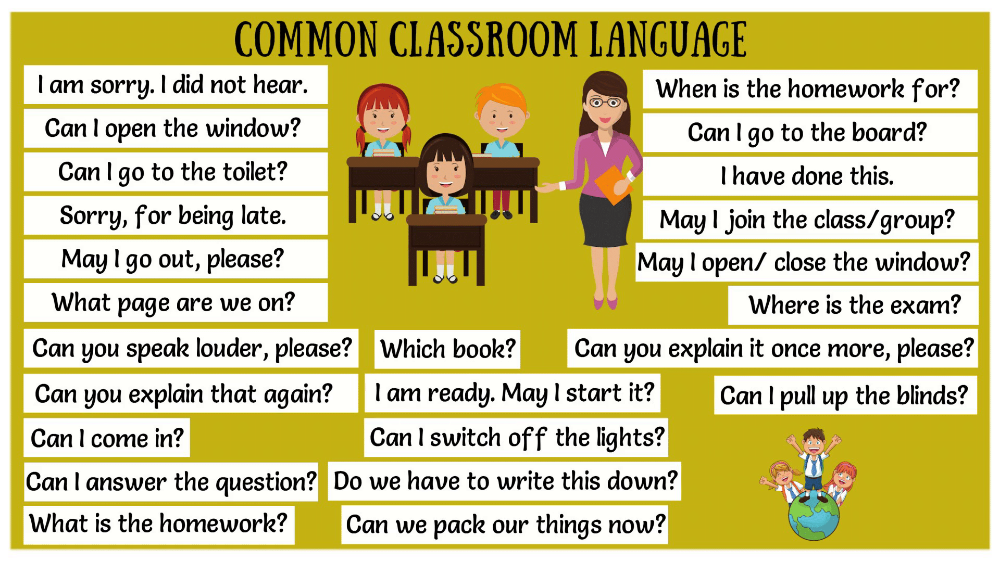 ” It can be tempting to call it good when you’ve found something that seems to fit all your criteria on the surface, but we recommend holding off before signing up!
” It can be tempting to call it good when you’ve found something that seems to fit all your criteria on the surface, but we recommend holding off before signing up!
The next part of the process, narrowing down your options to find the perfect - not just the “good enough” - tutor for your student is equally important.
5. Weigh the pros and cons of each option
To go along with the above, though, no matter if you have many options to choose from, or only a few, practice due diligence when it comes to the characteristics of a great tutor.
It’s not just about expertise, and it’s not just about personality and finding someone who will bring out the best in your child. Both of these characteristics and more should be considered when searching for not the best tutor, but the best tutor for your child and situation.
Don’t be shy with questions! Often, tutoring organizations will have a client services team that can clarify the experience and help with whatever is on your mind.
One key point here is to always keep your goals in mind, and how the tutor you select should help you and your child move towards those goals. In most cases, if a child wants to learn more about a subject, a good tutor is one who makes that subject relatable and engaging (and yes, even math can be fun), and understands that every child is different; and that every child learns differently.
6. Verify the reputation
With anything new, it’s helpful to find reassurance, and to be able to verify that the product or service we are investing in is a legitimate option. The same goes for tutoring, and even more so given this person will be dealing directly with your child.
So, go the extra step to check and verify the tutor you’re choosing is one you can feel good and confident about selecting. That involves checking out tutoring testimonials if available, getting a feel for the parent company if there is one, and checking any type of star ratings or reviews from previous families.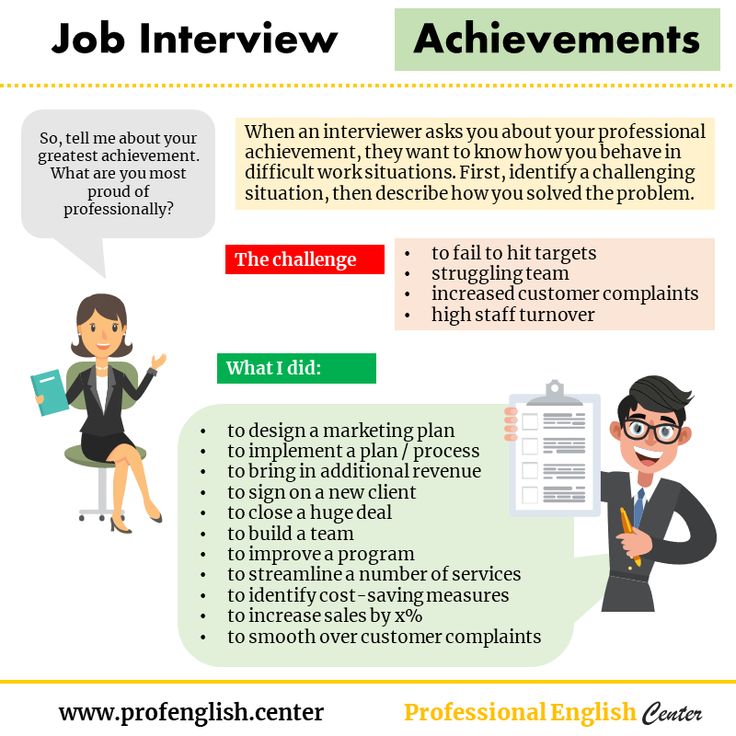
If you find an option that’s favorable in all but one or two respects, bring your concerns to the table when signing up your child! The same goes for the qualities that really won you over. Kick off your child’s sessions by sharing what you noticed, the better to ensure you get the exact experience you’re looking for, while proactively sharing any concerns you may have.
7. Don’t forget—this is for your child
I’m putting this last not because it’s least important, but because it’s hugely important, and a key point I want to leave you with as you move on from this post and into your tutor search.
That is, private tutoring is for your child. It’s to help them overcome challenges they are having with their everyday schooling, or to improve their scores on standardized tests, or to learn something new.
Learn more: Is the SAT optional?
So, while it’s the job of the parent to ensure kids are linked with a great tutor, “great” to you might be different than what is actually “great” for them.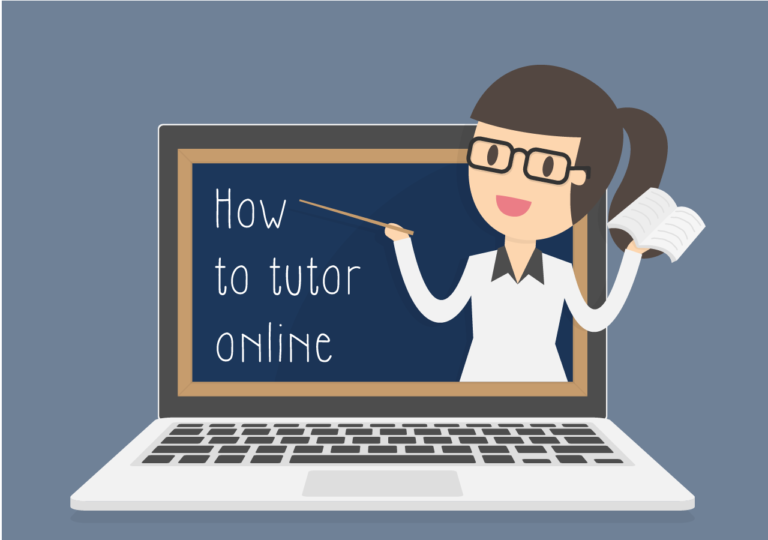 Meaning, your child learns in a specific way, and responds to certain types of personalities; which may differ from the way you personally prefer to learn, or the type of person you'd find engaging.
Meaning, your child learns in a specific way, and responds to certain types of personalities; which may differ from the way you personally prefer to learn, or the type of person you'd find engaging.
The best way to feel that out might be through a Discovery Lesson, a shorter trial session, or just by having your child check out what the program has to offer. If all goes well, you’re ready to embark on the tutoring journey!
5 tips for finding a good tutor
Choosing a tutor for your child is always difficult. Or he seems to you very qualified, but expensive. Or he takes a little money, but it bothers you that he is still a student and studies on his own - there can be a lot of various doubts. Ilya Vorobyov, co-founder of the Tree of Mind educational company, tells how it is best to choose exactly the tutor that suits your needs and capabilities.
1. Clearly state the purpose of the session
To find a good tutor, you need to be clear about what you want to achieve.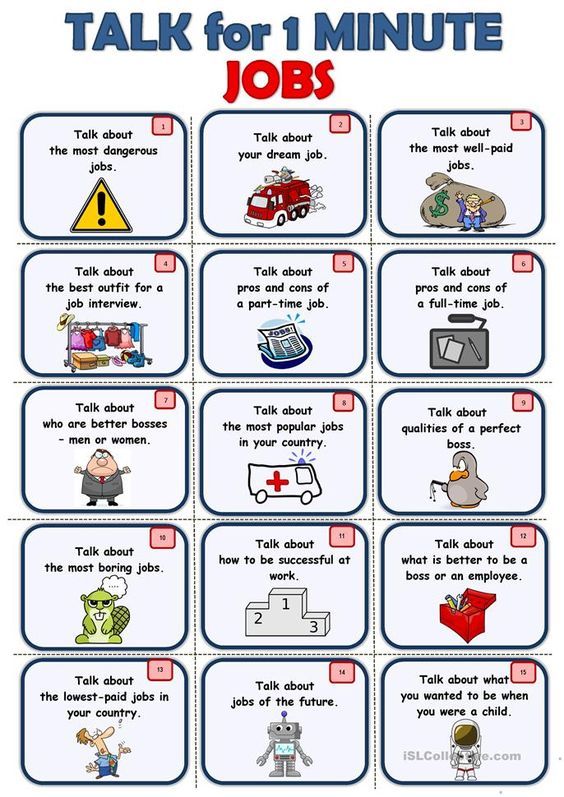 “To improve knowledge” is a bad goal, because this is the job of any tutor. “Raising a grade at school from a three to a four” is also not a good goal, especially in grades 9-11, because it does not carry much practical value. School grades are just one way to test knowledge. They can be an intermediate result, but not a goal. "Prepare for the OGE / Unified State Examination" is also not suitable - it is not clear what result is needed and what is the current level. How should goals be set?
“To improve knowledge” is a bad goal, because this is the job of any tutor. “Raising a grade at school from a three to a four” is also not a good goal, especially in grades 9-11, because it does not carry much practical value. School grades are just one way to test knowledge. They can be an intermediate result, but not a goal. "Prepare for the OGE / Unified State Examination" is also not suitable - it is not clear what result is needed and what is the current level. How should goals be set?
Let's say you would like to enter the budget of a certain university in a certain faculty in this academic year. We would like to, not based on current points, but in an ideal situation, if you could choose absolutely any place and go there. For example, for this, each exam must be written with an average of 85 points. Now the test exam in mathematics, the child writes about 70 points. This means that the ultimate goal is to enter a certain university on a budget, and the goal of the classes is to prepare for the Unified State Examination in mathematics by 85 points and higher from the current 70 points for the period from January to May of this year. Accordingly, you need to look for a tutor who is best suited for this particular purpose, and not just a "good math teacher."
Accordingly, you need to look for a tutor who is best suited for this particular purpose, and not just a "good math teacher."
2. Spend some time on a preliminary analysis
Of course, you can type “tutor for…” into the search engine, follow the first link and leave an application there. They will even promptly contact you and select a teacher. But in this case, you will not be able to understand how good a tutor is, whether he has adequate conditions, and so on. You just won't have anything to compare to. Therefore, it is worth doing a little market analysis:
- Talk to familiar parents who hired a tutor and ask the child to ask friends and classmates. Perhaps you will be advised by someone who has already proven themselves well.
- Research at least 5-10 different websites that offer tutoring services. Look at the questionnaires, read the principles of selection of teachers.
- Search forums, blogs and social networks for information.
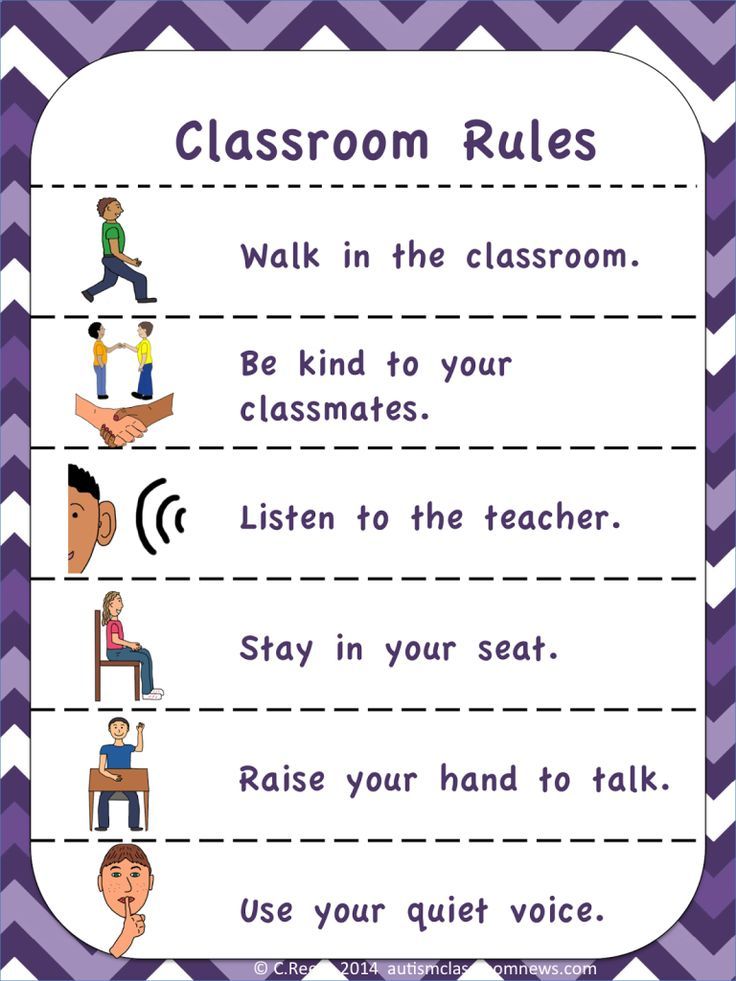 Read how other people looked for tutors, how they interacted with them, what was the result.
Read how other people looked for tutors, how they interacted with them, what was the result.
You should leave an application for the selection of a tutor only after you have completed all these steps. So you can be well prepared for communication with teachers, and the chances of finding the one you need will increase significantly.
3. Study reviews, but don't trust them completely
A good teacher, especially if he has been teaching for a long time, should have good reviews. But at the same time, good reviews do not guarantee that the teacher is suitable in your particular case. A few tips on how to rate teacher reviews:
- Don't review teachers with a lot of bad reviews. At the same time, 1-2 negative reviews against the background of a large number of positive ones are not scary. Any teacher may have a situation where interaction with a student or his parents did not work out for some reason.
- Reviews on the websites of companies that select tutors are usually real - most companies value their reputation.
 But if the tutor has his own website or social media account, by definition there will be only good reviews, which may not reflect the real situation.
But if the tutor has his own website or social media account, by definition there will be only good reviews, which may not reflect the real situation. - Based on the reviews, you can understand what the teacher specializes in. If you need to prepare for the OGE, and most of the feedback is from students who closed the session, this is probably not your option, even if all the feedback is positive.
There may also be other qualifications for teachers. Some companies, including ours, pre-select all tutors or claim to do so. In this case, when communicating with an employee of the company, ask them to tell you in detail about the selection method - if they can’t give you a clear answer, then it’s just an advertising slogan.
4. Look for teachers who specialize in the area you need
How do you know if a teacher specializes in what you need? Look at the reviews for what he prepared students for. And, most importantly, ask in detail during a preliminary telephone conversation what he specializes in, what he teaches most often, what students achieve.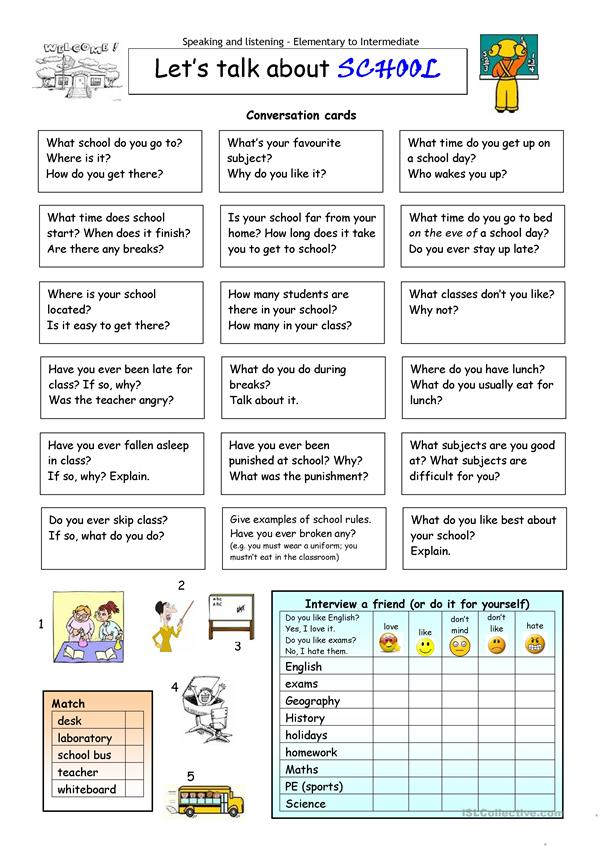 It is advisable to do this before you tell the purpose of the classes so that the teacher cannot adjust his story to your request on the go. The best option is to find a teacher who has already successfully trained students with the same goals as yours. And it is desirable to work with such students at the present moment.
It is advisable to do this before you tell the purpose of the classes so that the teacher cannot adjust his story to your request on the go. The best option is to find a teacher who has already successfully trained students with the same goals as yours. And it is desirable to work with such students at the present moment.
If the tutor is a student or recent graduate, also ask about their own achievements. They must be no worse than the level to which he prepares. For example, if he himself has not won a single Olympiad, then he is unlikely to be able to prepare a student well for the Olympiad.
I will give an example from personal experience. In the 11th grade, I was preparing for the All-Russian Olympiad in Economics with a tutor. He recently graduated from the university, did not work as a teacher, did not have scientific degrees and publications. But at one time he won a diploma at the All-Russian Olympiad in Economics and for several years successfully prepared students for this very Olympiad. That is, he specialized in exactly what I needed. As a result, I also received a diploma of the winner of the All-Russian Olympiad and entered the university ahead of schedule.
That is, he specialized in exactly what I needed. As a result, I also received a diploma of the winner of the All-Russian Olympiad and entered the university ahead of schedule.
5. Do not overestimate the formal regalia of a tutor
Many people think that the more experience, all kinds of titles and awards a tutor has, the better. But it is not always the case. It is important to understand that in most cases there is no need for a famous teacher. If you need to pass the exam with 70-80 points, you don’t need to look for a professor and doctor of science, a good school teacher or a senior student with experience in preparing for the exam will do just fine. Besides, it will be much cheaper.
Another example from my own experience, this time a bad one. In the 11th grade, I briefly studied with an English teacher with an emphasis on grammar. She was the head of the department of English in one of the leading universities with many years of experience and a long track record.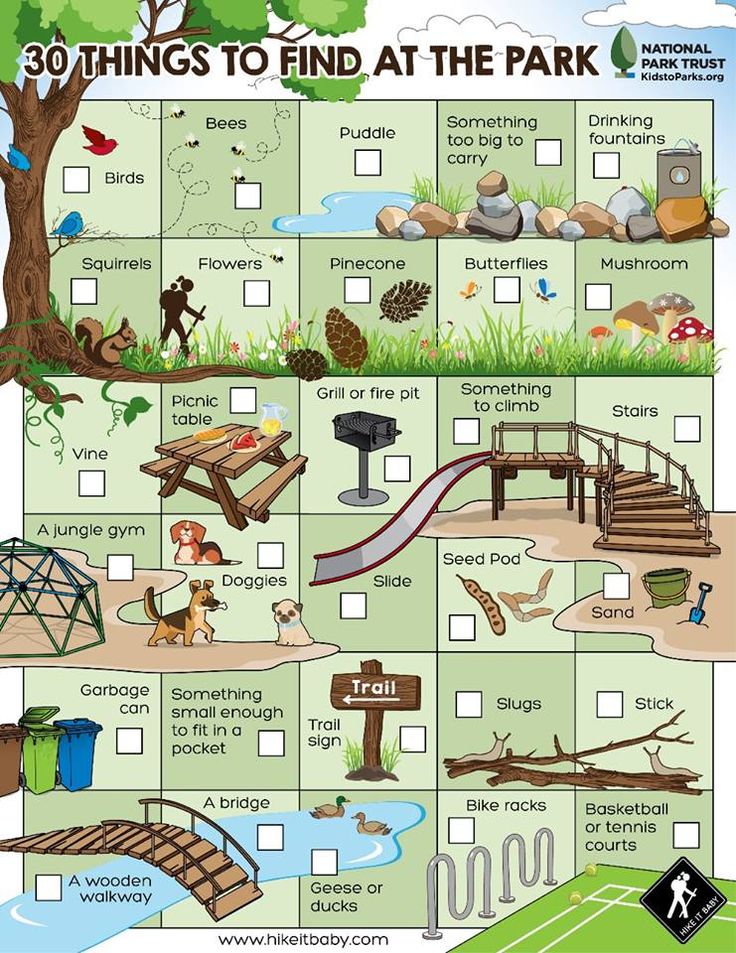 I went to the other end of Moscow on a weekday morning, skipping classes at school, because she had no other free time, and her parents paid a lot of money. But the effectiveness of the classes was low - I just solved number by number, and in case of mistakes, the tutor corrected me and explained incomprehensible things. There was nothing wrong with that, the teacher had an excellent command of the subject and explained clearly, but such classes were clearly not worth all the material and time costs. After a few lessons, we made a mutual decision to stop classes.
I went to the other end of Moscow on a weekday morning, skipping classes at school, because she had no other free time, and her parents paid a lot of money. But the effectiveness of the classes was low - I just solved number by number, and in case of mistakes, the tutor corrected me and explained incomprehensible things. There was nothing wrong with that, the teacher had an excellent command of the subject and explained clearly, but such classes were clearly not worth all the material and time costs. After a few lessons, we made a mutual decision to stop classes.
If you still have or, on the contrary, have questions related to the search for tutors, you can ask them in the comments, I will try to answer them.
How to choose a tutor ✔️ Where can I find a good tutor for my child?
Recently, the topic of tutoring comes up more and more often among parents. Some are dissatisfied with the quality of school education, others are worried about the performance of their child, and still others are thinking in advance about their future education in colleges or universities. This issue is especially relevant in the second academic semester, when preparation for exams, annual tests and final tests begins.
This issue is especially relevant in the second academic semester, when preparation for exams, annual tests and final tests begins.
So how do you know if your child needs a tutor? And how to choose a good teacher among all the variety of professionals? Today we asked this question to practitioners who have been working with children for years and know exactly how to turn extra classes into a valuable source of knowledge. Our experts:
- Alevtina Popova is an expert in teaching English, including full immersion in the language environment. Experience - 22 years.
- Svetlana Minina is a teacher, tutor and head of a multidisciplinary online school.
- Polina Putyakova - teen tutor, education and career choice consultant.
How to choose the right tutor?
— What to look for when choosing a tutor? What professional criteria are important?
Alevtina Popova,
English teacher, tutor:
— The first thing a parent needs to understand is what kind of help he expects from a specialist: doing homework with a child or real knowledge of the subject.
In the first case, as a rule, only the estimate improves. However, if you really want to get a solid knowledge in a particular subject, and also count on a good result in the exam, then you will have to study according to the program that the teacher of your choice will offer.
It is important that after the test, both you, as a parent, and the child yourself understand what real knowledge is and what you are offered to do to improve it.
Many prefer a highly experienced tutor and are suspicious of recent graduates. From my personal experience in hiring teachers, I will say that age does not matter. It is important whether a person knows how to explain the subject. Therefore, right at the first meeting, ask him to explain something to the child, and if both of you understand everything, you can safely agree to cooperate.
Prostock-studio/Shutterstock.com
Prostock-studio/Shutterstock.com[/caption] Prostock-studio/Shutterstock.com[/caption]
In my opinion, it is necessary to choose a specialist with whom the child will be comfortable communicating, who will be able to explain the material in an accessible language so that the child understands and whom the child will trust.
If the child studies because “mother said so”, then the result can be reached for a very long time,
For an English teacher, e.g. must have good knowledge of the language. The better a person speaks a foreign language, the easier it will be for him to create a language environment. The confirmation of the level can be an international certificate or the opinion of an authoritative person for you. For those who will deal with beginners, level B2 is enough.
— Where and how can I find a good tutor?
Prostock-studio/Shutterstock.com
— The proven method is word of mouth. Another important point is that not everyone needs a tutor. Classes in pairs or small groups are usually several times cheaper, and the effect will not be worse if the teacher is a professional. Children are social creatures, so often working one-on-one with a mentor without peers is less enjoyable, because there are no equal interlocutors, rivals, associates, and, for example, a foreign language can be mastered ONLY in communication.
Prostock-studio/Shutterstock.com
Prostock-studio/Shutterstock.com[/caption] Prostock-studio/Shutterstock.com[/caption]
The success of classes depends not only on the tutor, but also on the child and parent. Because the tutor gives knowledge, helps to understand the topic, and the child needs to be actively engaged, ask questions, if something is not clear, do homework. Parents, on the other hand, need to control the process, not be afraid to ask questions to the tutor and, together with their child, go towards the intended goal,
— How to understand if a child needs a tutor in a particular subject? How to "persuade" a child if he does not want to do extra work?
— It is not worth focusing only on the school grade. Sometimes high school students come with a five who cannot connect two words, but it happens the other way around: the school teacher has no idea how good the child is, because they did not have a relationship, and the student simply does not have a chance to prove himself.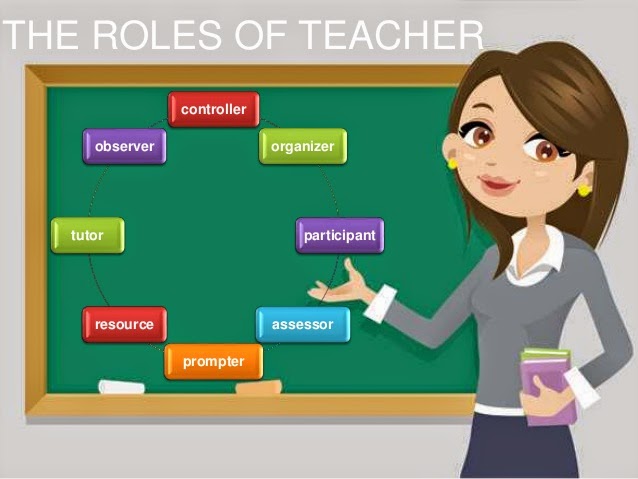 How to be? Get a second opinion: Most language schools will test you for free.
How to be? Get a second opinion: Most language schools will test you for free.
If a child does not like a teacher, and you understand that this is not a whim, but in fact there is a feeling of fear, helplessness, stagnation - stop torturing the child, even if this teacher was recommended to you.
An unshakable rule applies here: you can't teach, you can learn. You want to learn from a person who is pleasant to you, creates a respectful friendly atmosphere. But of course without familiarity with the student.
Prostock-studio/Shutterstock.com
Prostock-studio/Shutterstock.com[/caption] Prostock-studio/Shutterstock.com[/caption]
Sometimes parents start looking for a tutor for their child because of several fours instead of fives, without understanding the reason. And the reasons are different - the child could simply not get enough sleep and because of this be absent-minded in the lesson, even a bad mood can cause such a reaction in the child.
Therefore, in this case, of course, a tutor is not needed.
But if the child did not understand a certain topic and was afraid or embarrassed to ask his teacher questions, and the following questions “piled up” on this topic, then the child in this case ceases to understand at all how and what to solve or complete tasks. And the problem is not that the child suddenly "rolled down" - he just does not understand. And in this situation, a competent tutor will definitely find the cause and eliminate it,
— Do I need a tutor when preparing a child for school?
Prostock-studio/Shutterstock.com
— From my own experience as a parent (as well as being the head of a school that prepares first graders), I can say that classes for preschoolers are desirable, but definitely not in a one-on-one format.
The necessary skills are, as is commonly believed, not reading, writing, counting, but easier adaptation to new conditions at school. Therefore, the emphasis is on the development of fine motor skills, memory, attention, perseverance and other skills. All this can be perfectly developed in a group.
All this can be perfectly developed in a group.
Read also resources for preschoolers and future first graders: How to get into school: a complete guide for parents of first graders and What you need to know about your child's psychological readiness for learning.
— Pros and cons of tutoring
— The main disadvantage of a tutor is the difficulty in monitoring the results of acquired knowledge. You can spend years paying for a tutor to do homework for your child, and then find out in 11th grade that there is no chance of a good mark on the exam. Therefore, regular third-party monitoring is necessary. It is desirable that your tutor does not object to your participation in the exams, but on the contrary, helps to develop skills for their successful delivery.
The advantages include the opportunity to get individual work for special children, children with socialization problems. It is convenient if a person comes to your house, but this is also a minus, since in such conditions it is difficult to create a full-fledged working mood.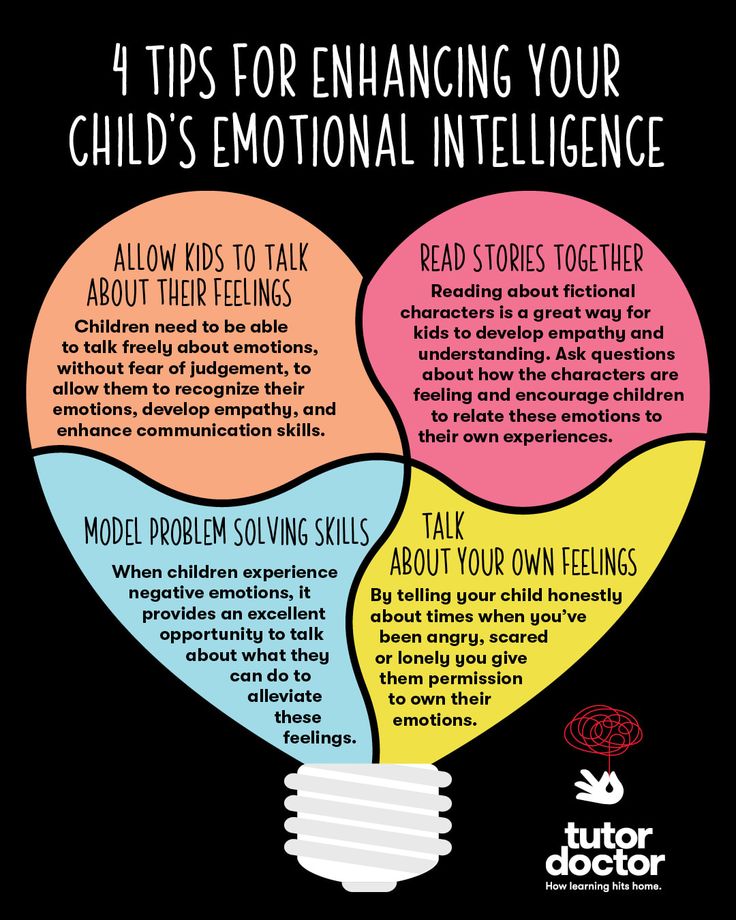
— Are there any nuances in tutoring foreign languages, in particular English?
— It is important to understand the following about foreign languages: this is not just a school subject - it is a life skill that will allow your child to choose any type of activity in the future and make a career in it without restrictions. The brain of a child under 10 years old still contains special neurons that allow him to master any foreign language as if it were his own. In the future, it is more difficult to do this, since these neurons die out as unnecessary.
That is why it is important at an early stage to make sure that the child is progressing, and not just demonstrating “two stomp, three slaps”.
When won't a tutor help? Struggling with problems of motivation in studies
Polina Putyakova,
tutor, education and professional choice consultant:
When a student's grades deteriorate, parents first of all look for gaps in the learning process: the teacher speaks badly, the discipline in the lessons is lame, the son or daughter does not put in enough effort and does their homework poorly - similar options.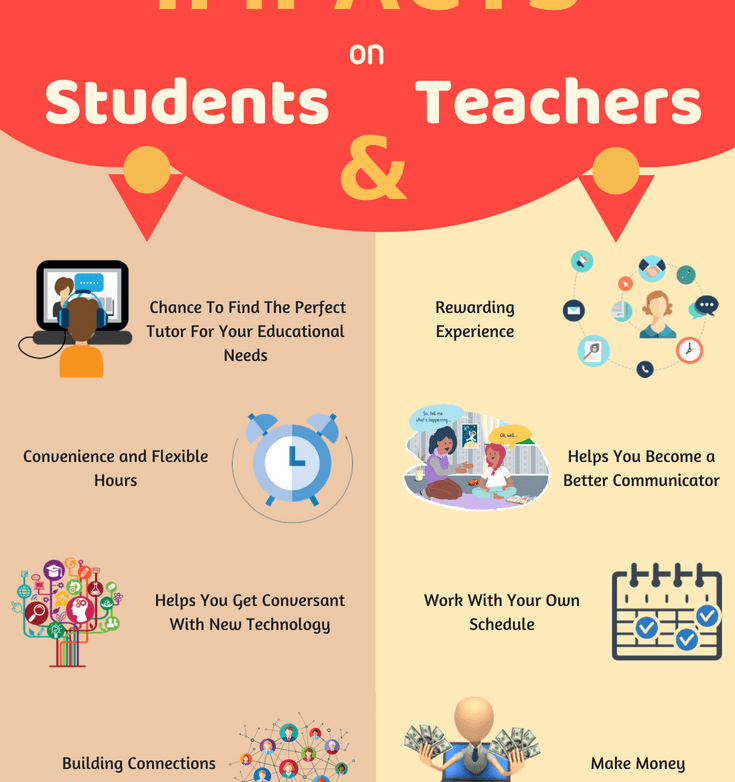 And then they talk with teachers, make suggestions to children and, of course, look for tutors.
And then they talk with teachers, make suggestions to children and, of course, look for tutors.
In the meantime, the problem is not the training itself, but the lack of motivation to study. In this case, tutors, like all other ways to make learning more effective, not only will not solve the problem, but will exacerbate it.
In such a situation, trying to improve grades is like dealing with the symptoms rather than treating the disease. Parents run the risk of wasting time and money without getting the desired result, even if the tutor is the best.
Especially often the desire to learn "sags" in adolescence. This is natural, and in general indicates that the development of the personality of a teenager goes on as usual. Teenagers are changing the leading motives of educational activity: the words of adults that good grades are important no longer convince, and each teenager begins to look for his own internal motivation to study, some reason to study, which would be significant for him personally. This is a normal stage of growing up, but often at this stage, teenagers need friendly support.
This is a normal stage of growing up, but often at this stage, teenagers need friendly support.
Starting from the 8th grade, the most effective way to work with motivation is to choose a profession. If the future specialty, university and specialized exams are determined, the goal becomes specific and it becomes clear what and why should be taught. For example, if a language specialty is chosen, learning English becomes a priority, and in case of problems, a tutor will be very helpful. Compare with another option, when such a choice of specialty has not yet been made, and at home and at school the child hears abstract phrases that languages \u200b\u200bshould be learned “just in case”, because in the modern world there is nowhere without them. Will these words inspire him as much as a specific and understandable goal? Obviously not.
If you need the help of a specialist, then tutors work effectively with motivation problems. The tutor will figure out at what point and after what events the desire to study has noticeably decreased, give recommendations on how to regain interest in learning and help the teenager form the very inner motivation for education, which will come in handy more than once in life.












